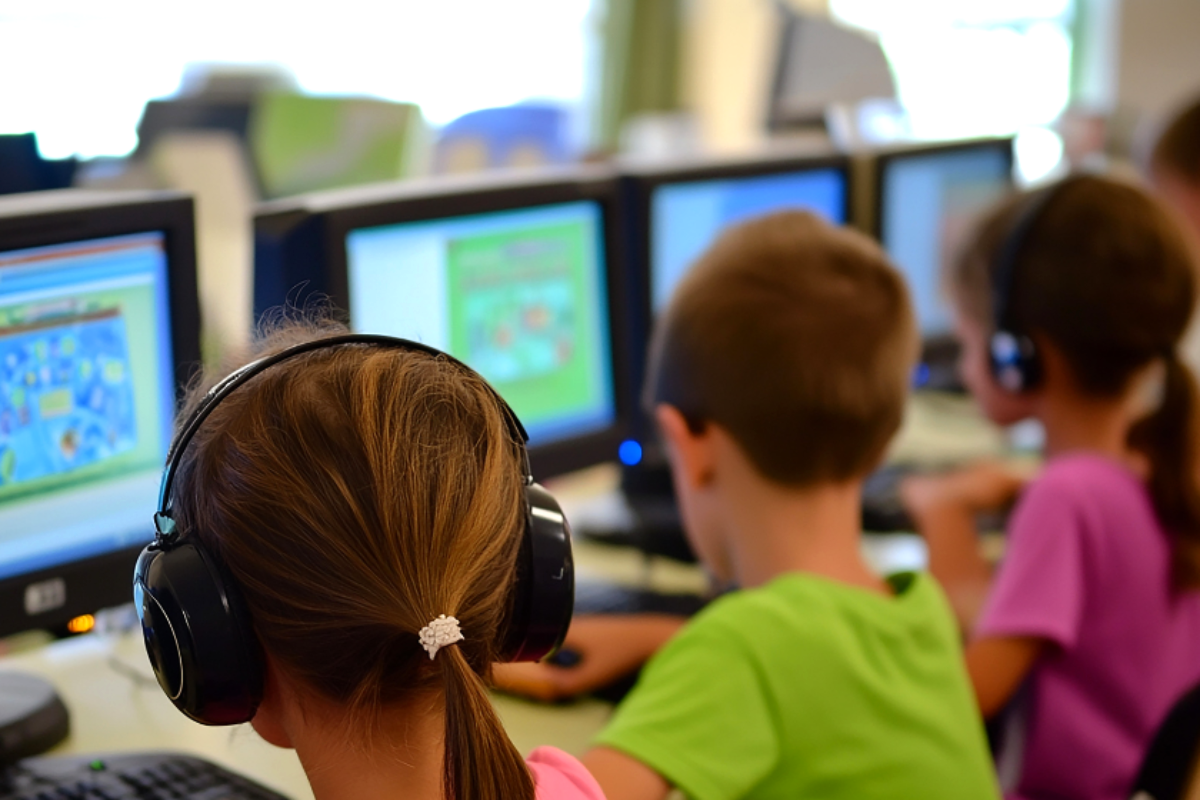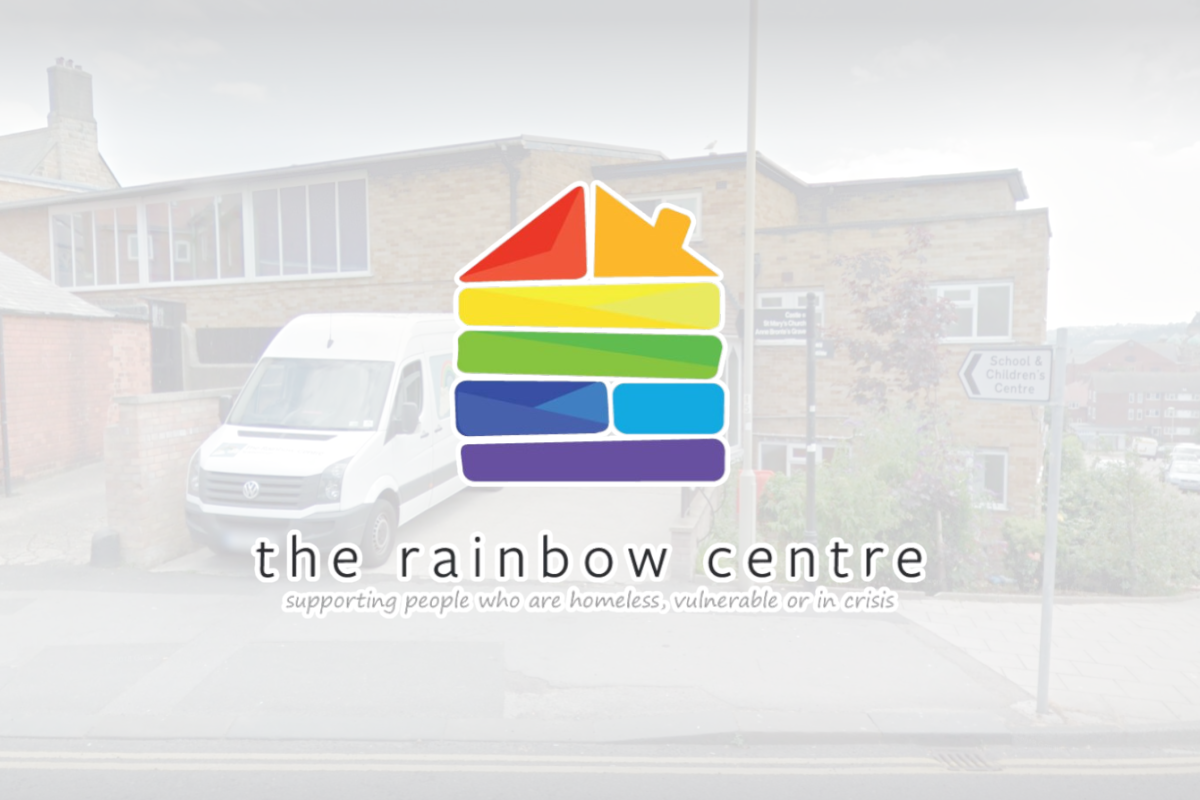
A new Growing up in North Yorkshire Survey has shed light on the online safety behaviours and awareness of young people in the county.
The findings indicate progress in some areas, but also highlight persistent risks.
Public Health Consultant Dr Gill Kelly, says the survey suggests that there has been a "big improvement" in the proportion of younger children who feel they know how to keep themselves safe online.
"we now have four fifths of our youngest children knowing how to keep themselves safe online, and that is a big improvement. It was only, uh, 55% who. Consider themselves knowing how to keep themselves safe, and that is a big statistically significant difference.
However, even though four fifths of them are saying that they know how to keep themselves safe, a quarter are still talking to people online who they don't know in real life."
However, Dr Kelly cautioned that despite this increased awareness, risky online behaviours persist with 24% of children across North Yorkshire who participated reporting that they "know" people online whom they don’t know in real life.
Dr Kelly emphasised the ongoing efforts to address this gap between perceived safety and actual behaviour.
"Even though four fifths of them are saying that they know how to keep themselves safe, a quarter are still talking to people online who they don't know in real life. There's a lot of work that we are now doing in schools around that online safety and getting that message out. And also the fact that we've only got half of them roughly saying that an adult always knows when they're watching YouTube.
There is some very strange stuff you can find on YouTube."
The Growing up in North Yorkshire survey identifies online safety risks for pupils as a key priority for the county. Data from the survey shows that while 86% of Year 6 pupils feel they always know how to keep themselves safe online, 16% of boys and 9% of girls in this age group still communicate with people online they don’t know in real life.
Among older students in Years 8 and 10, 21% reported communicating with online strangers, which Dr Kelly pointed out is a "big improvement since 2022" when the figure was 31%.
Despite some positive trends, the survey underscores the continued need to address online safety, particularly concerning primary-aged children with unsupervised access to technology who communicate with unknown individuals online. The focus remains on supporting schools and partners in mitigating these risks.




 Bridlington Could Have One Large GP Practice for Entire Town
Bridlington Could Have One Large GP Practice for Entire Town
 Former Scarborough Athletic Chairman Expresses Confidence in Ground Issue Resolution
Former Scarborough Athletic Chairman Expresses Confidence in Ground Issue Resolution
 Esk Valley Community Railway Backs Train Use for Whitby School Pupils
Esk Valley Community Railway Backs Train Use for Whitby School Pupils
 Concern Over Bridlington Paddling Pool Use
Concern Over Bridlington Paddling Pool Use
 Scarborough and Whitby MP Raises Concerns Over PIP Changes at Prime Minister's Questions
Scarborough and Whitby MP Raises Concerns Over PIP Changes at Prime Minister's Questions
 Yorkshire Coast Towns Could Get Share of £1.2m Investment
Yorkshire Coast Towns Could Get Share of £1.2m Investment
 Scarborough Charity's Future Fears
Scarborough Charity's Future Fears
 Hornsea Lifeboat Member Among London Marathon Runners
Hornsea Lifeboat Member Among London Marathon Runners
 Scarborough Rugby's Cup Progress
Scarborough Rugby's Cup Progress
 Mixed Results For Yorkshire Coast Cricket Sides
Mixed Results For Yorkshire Coast Cricket Sides
 Scarborough Athletic Miss Out On Top Half Spot
Scarborough Athletic Miss Out On Top Half Spot
 Whitby Town Savaged By Table Toppers in Final Clash
Whitby Town Savaged By Table Toppers in Final Clash









Comments
Add a comment